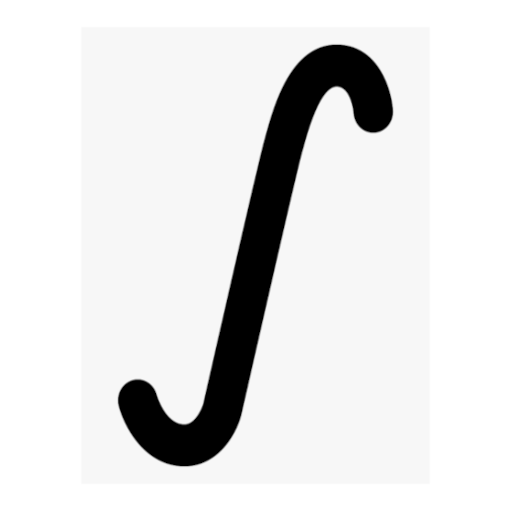We’re playing a game. I flip a coin. If it lands on Tails, I flip it again. If it lands on Heads, the game ends.
You win if the game ends on an even turn, and lose otherwise.
Define the following events:
A: You win the game
B: The game goes on for at least 4 turns
C: The game goes on for at least 5 turns
What are P(A), P(B), and P(C)? Are A and B independent? How about A and C?


Are all games played to completion? Assuming yes,
answer
One of A,B or A,C is dependent, as it’d flip the polarity of the remaining games, the other is independent, as it wouldn’t. I’m not too worried about which is which, as it’s just an off-by-one error. xD
Assuming no, You’d have to know the distribution of when games were abandoned, I’d think.
Games are always played to completion, though if you wanna make it (barely) more challenging you can add in a 5% chance for both players to get bored and give up on each round (before flipping), leading to a loss. Though it seems unlikely - after flipping a quarter 20 times and getting Tails every time, I’d be inclined to keep flipping if anything.
response
These are correct. It is possible to reason out which of B and C is independent of A without going into the numbers.
It’s a sunk cost fallacy, it’s never too late to get bored and give up. ;)
A supertask.